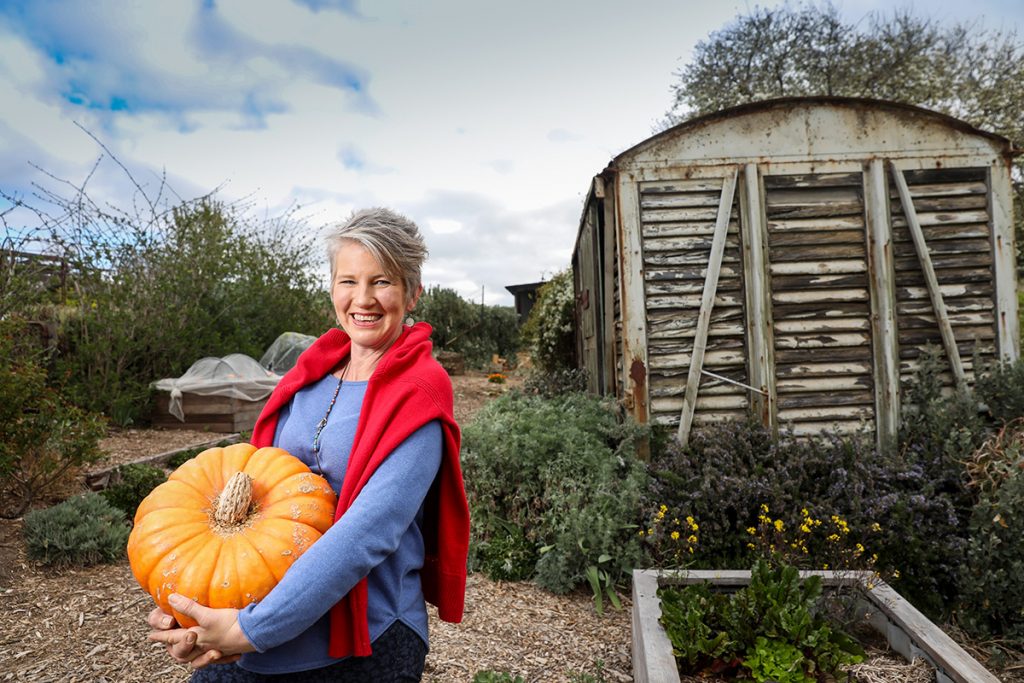Circular Economies
Put simply, a circular economy is a social and economic system that eliminates waste through the continual use of resources. In embracing the Circular Economies priority, we can move beyond recycling and rubbish to redefining waste as a resource.

The lead organisation in South Australia, Green Industries SA, expands on this:
A Circular Economy is an alternative to the wasteful traditional ‘linear’ economy based on ‘take, make, use and dispose’. It’s a self-sustaining system driven by renewable energy with an imperative to keep material resources in use, or ‘circulating’ for as long as possible. It extracts the maximum value from these resources while in use, then recovers and regenerates products and materials.
For the world to tackle some of the challenges it faces around the depletion of natural resources and environments, the circular economy model will need to become the norm.
What’s happening already
There are circular economy models already active in the district, with examples including:
- wastewater treatment and reuse in irrigation, mining and parks and gardens
- community gardens, farmer’s markets and local produce operators making use of composting, mulching and other organic matter recycling
- green waste and food waste collection
- recycling programs, including depots and services processing container deposit items
- re-use, salvage and recovery enterprises, including op shops, for furniture, clothing, household items and many other resources
- sewing and craft circles, ‘men’s sheds’, community bike workshops and other enterprises (often volunteer-run) that keep valuable items and materials in use.
Any of these examples – and many others – could be expanded upon or connected to other initiatives. There is great potential to directly engage members of the community, attract investment and create local jobs and volunteering opportunities.
Priority partners
Business and other commercial operators, community organisations, social enterprises, governments as well as many informal local groups can work together to resource and realise the Circular Economies priority.
These partners include:
- commercial composters, soil, mulch and fertiliser suppliers
- waste contractors and recycling organisations
- hydroponics, aquaculture and aquaponics operators
- agribusinesses (fruit, nuts, vegetables, grains, livestock)
- water suppliers
- waste management and recycling companies
- restaurants, cafes and other food businesses
- residential property and commercial developers
- demolition and salvage companies
- education providers, including researchers
- private investors and investment funds, including philanthropic investors
- state and national peak bodies and industry associations
- farmers, horticulturalists
- supermarkets and produce markets
- community gardeners and food sharing groups.
If you have a project or partnership you would like to discuss with us, email connect@mountbarker.sa.gov.au.


